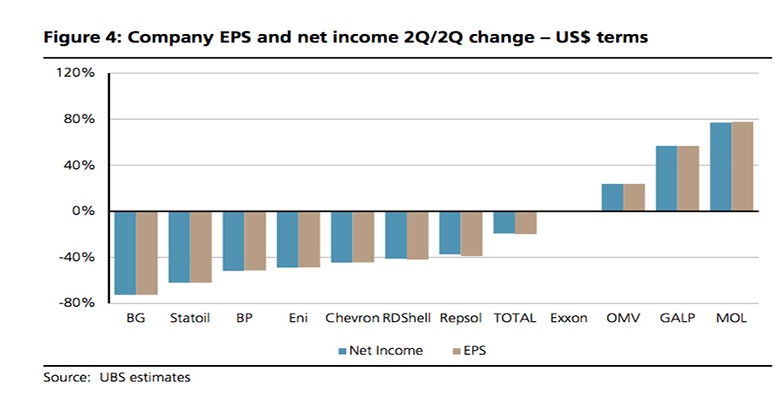It goes without saying that the primary focus of the sector right now is on managing cash costs – both capital and operating. Costs had become so bloated in the industry that returns were below historic norms even as the oil price sustained above $100/bbl. The industry entered 2015 with a $60/bbl oil price and, at a minimum, a $110/bbl cost base.
While input cost inflation accounts for a portion of the rise in industry costs it is not the sole reason and doesn’t come close to fully explaining the rise in industry spending over the past decade. Instead, we see a natural tendency for engineering challenges to increase as more difficult oil and gas is accessed being meaningfully supplemented by a trend towards weaker project scoping and engineering; poor execution and expensive operating practices; sloppy cost discipline and capital allocation and finally also some exogenous factors such as increased safety spending post-Macondo. We calculate that while input costs have ~doubled over the past 10 years trailing 3-year F&D (a proxy for unit capex) are ~3.5x higher and opex by ~3.5x. We further calculate that in order to restore implied IRRs of new projects to historically normal levels then unit costs need to fall by ~30-40% from 2014 levels.
Cost reduction is likely to fall into a number of buckets:
- Input cost deflation: As we show below input costs have begun to roll over and this will directly benefit the sector. The industry is also a heavy user of energy itself so there is some circular benefit here.
- Squeezing the supply chain: There is clear evidence that the industry is squeezing its service providers. The danger is that this is temporary/cyclical.
- Activity deferment: Spending is falling especially on the capex side as activity is cut (we see almost no major industry FIDs this year – see Figure 76 on page 46). Clearly this has implications for future production but the sector generates significantly better shareholder value by being focussed on returns than it does by being focussed on growth.
- Self help: We regard this as the most important aspect of the challenge facing the industry and the most critical for management to articulate. It appears to us the primary area where things have gone wrong. Sustained cost and returns improvement needs to come from conducting business in an efficient fashion.






Be the first to comment on "Oil and gas: The struggle to stay relevant"